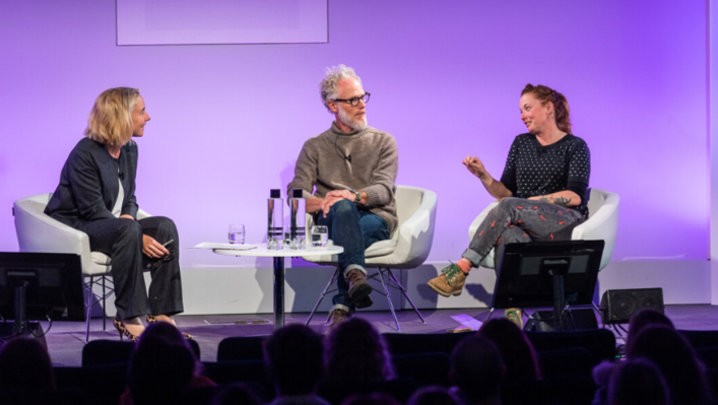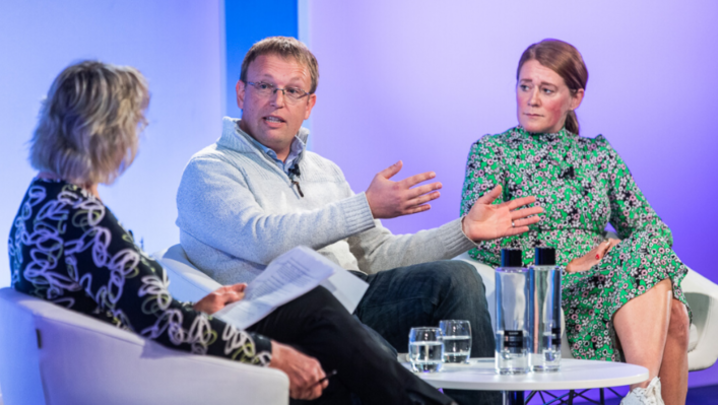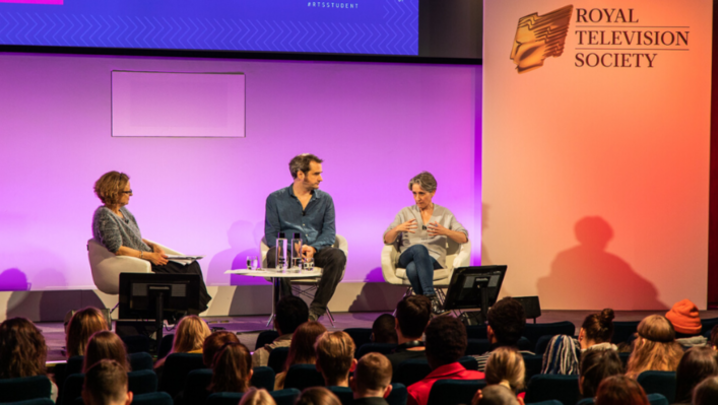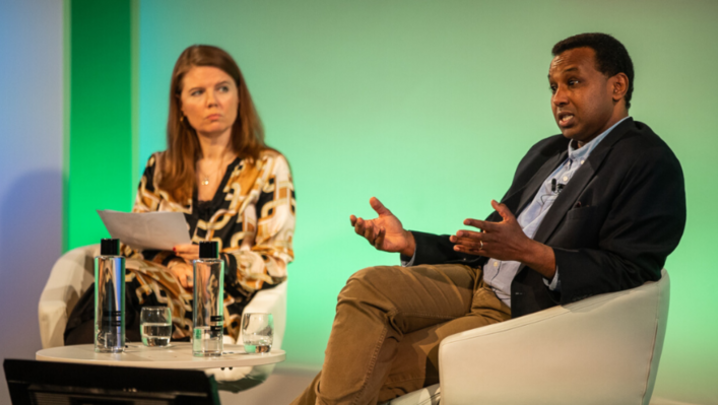Emerging sports need free-to-air coverage if they are to attract more viewers and boost participation at grassroots level. That was the strong message that emerged from an RTS event boasting a top-notch panel of sport experts.
Women’s football is “a success story but it’s only just beginning”, argued Dawn Airey, Chair of the Barclays FA Women's Super League and former Channel 5 Chair. “If you can’t see it, you can’t be it. We want young women to see you can play football at a very high level and make a really good career out of it.”
Free-to-air access, she said, was “absolutely critical”, adding that women’s football has to balance “revenue and reach. We need to drive money into the game but we absolutely want engagement, and to get engagement you need that fee-to-air opportunity.”
Women’s Super League matches are shown live on Sky Sports, the BBC and the FA Player in a three-year deal, which began this season.
“Women’s football is the single biggest growth sport in the country bar none, male or female. The growth is extraordinary,” said Philip Bernie, head of TV, BBC Sport.
“A couple of years ago, there was an element from broadcasters of” ‘Oh it’s something we should be doing – it’s a good look’,” said Eddie Hearn, Chairman of Matchroom Sport. “But over the years it’s developed into a very valuable set of TV rights and also the quality has improved significantly at the elite end of women’s sport.”
Matchroom has many women’s world champions on its books, including Ireland’s Katie Taylor, who landed gold at the London Olympics. “There are so many great female fighters and it’s a big part of what we do now, but it’s sitting there on its own merit,” said Hearn. “Female fights are driving audiences and subscriptions, putting bums on seats… and therefore, for us, that’s what really gives longevity across women’s sport.”
Women’s football is not the only game to benefit from free-to-air exposure. Bernie highlighted two other examples: netball, which has attracted almost 300,000 more women to the game in recent years off the back of TV coverage, according to English Netball, and The Hundred.
The new cricket format for men and women’s teams, which was broadcast on Sky Sports and the BBC over the summer, pulled in 16.1 million viewers, more than half of which had not watched any live English Cricket Board matches in 2021.
Matchroom Sport works globally with sports streaming giant DAZN to put on fights, and Hearn said that he had a duty to wring out the highest purses for his stable of elite boxers – and that money comes from broadcasters behind pay walls.
Hearn added: “It’s a given that the exposure given to a sport is less when it’s behind a pay wall… We’ve had to work hard in terms of content, [boxing’s] digitisation and its social media. I don’t think it has affected the sport in terms of its participation levels. Stars are what drives participation levels at grassroots, people like Anthony Joshua.”
Hearn added that boxing does receive some terrestrial TV coverage: at the Olympics, on BBC Five Live and in documentaries on leading fighters such as Joshua and Tyson Fury.
Andrew Georgiou, President of Sports at Discovery, argued that sport gains from a mixed economy of pay TV and free-to-air coverage.
Across Europe, he said, Discovery had worked with free-to-air broadcasters, including the BBC in the UK, and boosted audiences for the Tokyo Olympics during the summer: “375 million unique Europeans engaged with the Olympics, 200 million of those were on PSBs… Discovery’s own platforms added 175 million extra viewers.
“The two working together can grow the audiences… they are complementary.”
‘Paywalls and PSBs… a new dawn for sport on TV?’ was an RTS event held on 29 November. It was chaired by sports presenter Mina Rzouki and produced by David Amodio. A full report will appear in the next issue of Television magazine.









